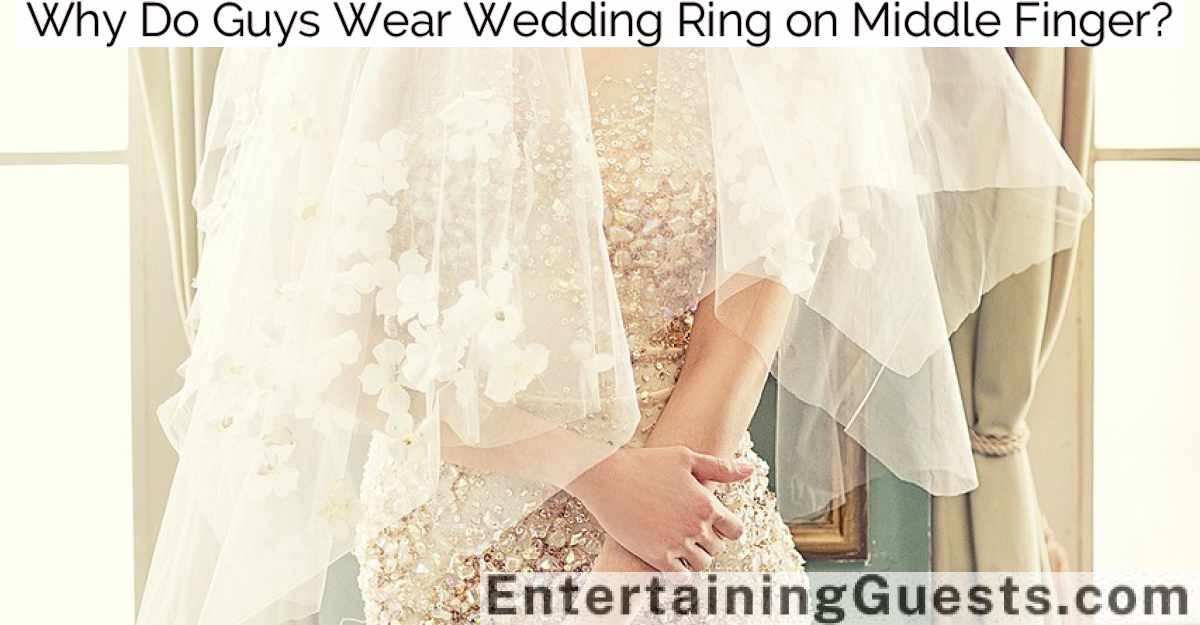Yes, many widowers continue to wear their wedding rings as a symbol of their enduring love and respect for their late spouse.
This practice varies with cultural norms and personal sentiments, reflecting the widower’s ongoing emotional connection to their beloved.
In some cultures, wearing the ring is seen as a tribute that maintains the bond beyond death, while in others, widowers might move the ring to the right hand as a way to adapt the tradition.
Each decision is deeply personal and influenced by the individual’s emotional journey and healing process.
These choices highlight the profound and varied ways widowers honor their commitments to their late spouses.
Symbolism of Wedding Rings
Wedding rings, often crafted from precious metals, embody more than just aesthetic value; they symbolize enduring love and commitment between partners. These small, circular bands, usually worn on the left ring finger, serve as a constant, visible reminder of a person’s dedication to their spouse.
It’s a tradition held dear by many, representing a physical manifestation of the vows taken on a wedding day. Across different societies, the ring’s placement on the finger is believed to connect directly to the heart via the "vena amoris," or vein of love, enhancing its significance as a bond that’s not just legal, but deeply emotional.
Over time, the ring becomes more than jewelry; it’s a cherished token of memories, triumphs, and the shared challenges a couple has faced.
When one partner passes away, the surviving spouse, including widowers, often grapples with the decision to continue wearing their wedding ring. This choice can reflect their ongoing love and respect for the deceased, or a desire to keep a part of their loved one close.
It’s a deeply personal decision, influenced by their emotional journey and individual healing process.
Cultural Influences
Often, the decision to wear a wedding ring after a spouse’s death is heavily influenced by cultural norms and practices. In many societies, the ring symbolizes a lifelong commitment that doesn’t end with the passing of a partner. This perspective can shape a widower’s choice to continue wearing their ring as a sign of enduring love and respect for their deceased spouse.
In contrast, some cultures view the removal of the wedding ring as a necessary step in the grieving process, encouraging widowers to take off their rings as a sign of accepting loss and moving forward. This practice can also be perceived as making space for potential new beginnings without the previous partner.
Additionally, the expectations of one’s community can play a notable role. In tight-knit communities, wearing a wedding ring might be seen as a tribute to the deceased, promoting a sense of continuity and respect among community members.
On the other hand, in more individualistic societies, the choice often rests more heavily on the personal feelings and healing process of the widower.
Understanding these cultural subtleties is essential as they greatly influence the personal journey of grief and remembrance for widowers.
Personal Narratives
Personal stories from widowers reveal a deeply emotional decision-making process regarding their wedding rings.
Each narrative underscores a unique journey, reflecting personal and often complex relationships with the memories of their spouses.
For instance, Michael, a widower of three years, continues to wear his wedding ring on his left hand. He believes it keeps him connected to his late wife, serving as a constant reminder of their love and the vows they shared.
It’s not just a piece of jewelry for him; it’s a part of his identity now.
On the other hand, Tom, who lost his wife to illness last year, chose to move his ring to his right hand. This alteration was his way of honoring his wife while acknowledging the need to move forward.
He feels that this small gesture helps him balance his past with his present.
These decisions aren’t just about what others see; they’re deeply personal choices that offer comfort, maintain connections, or help in adapting to a new life phase.
Each man’s choice reflects his path to healing, showing that there’s no one right way to cope with loss.
Psychological Impact
The psychological impact of a widower’s decision to wear or not wear their wedding ring extends far beyond mere symbolism.
For many, the ring represents an enduring connection to their late spouse, serving as a tangible reminder of love and commitment that transcends physical presence. Choosing to keep wearing the ring can offer comfort, a sense of continuity in the face of heart-wrenching change, and an affirmation of the relationship that was.
On the flip side, for some widowers, wearing the ring may prolong the acute phase of grief, tethering them too tightly to the past and potentially complicating the emotional healing process. The sight of the ring might trigger profound sadness or a sense of being stuck, hindering their emotional journey forward.
It’s key to recognize that each widower’s emotional landscape is unique, and their coping mechanisms vary.
Whether they choose to keep the ring on or take it off, this decision is deeply personal and should be met with understanding and respect. Friends, family, and counselors should offer a supportive space where widowers feel safe to express their feelings and choices without judgment.
Moving On Decisions
Making decisions about moving on after losing a spouse encompasses a range of deeply personal choices, each reflecting the unique journey of the individual widower. For many, these decisions include whether to keep wearing their wedding ring, when to start dating again, or how to manage the overwhelming sense of loss.
It’s essential to recognize that there’s no "right" timeline for these decisions. Each widower must navigate this path at his own pace, guided by his emotional readiness and personal beliefs. Some may find comfort in wearing their wedding ring for years, while others might choose to remove it as a step towards healing.
Support groups and counseling can play a significant role in helping widowers explore these choices. Engaging with others who’ve faced similar losses can provide not only solace but also different perspectives on coping strategies and moving forward.
Ultimately, the decisions about moving on are deeply personal and should be made with respect to the individual’s needs and timing. Friends and family members can offer support by listening, offering non-judgmental advice, and simply being there as the widower navigates his new reality.
Patience and understanding are vital as each widower finds his way forward.
Conclusion
Ultimately, whether widowers continue to wear their wedding rings is a deeply personal decision influenced by cultural norms, symbolic meanings, and individual emotions. It’s important to recognize that each person’s journey through grief is unique. Those traversing this path should feel supported in whatever choice they make about wearing their ring, as it’s a reflection of their ongoing love, cherished memories, and the steps they are taking towards healing and possibly moving forward.




